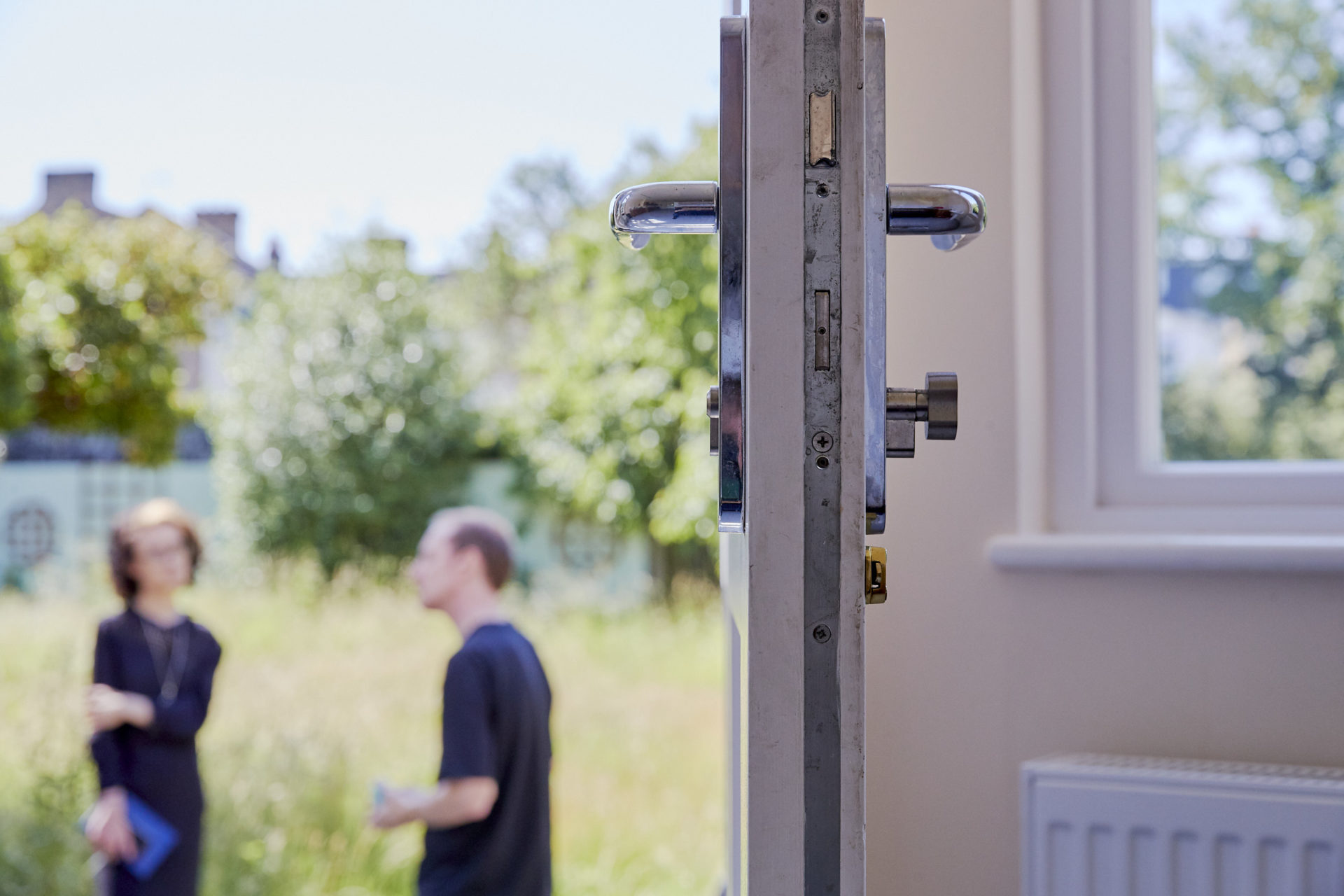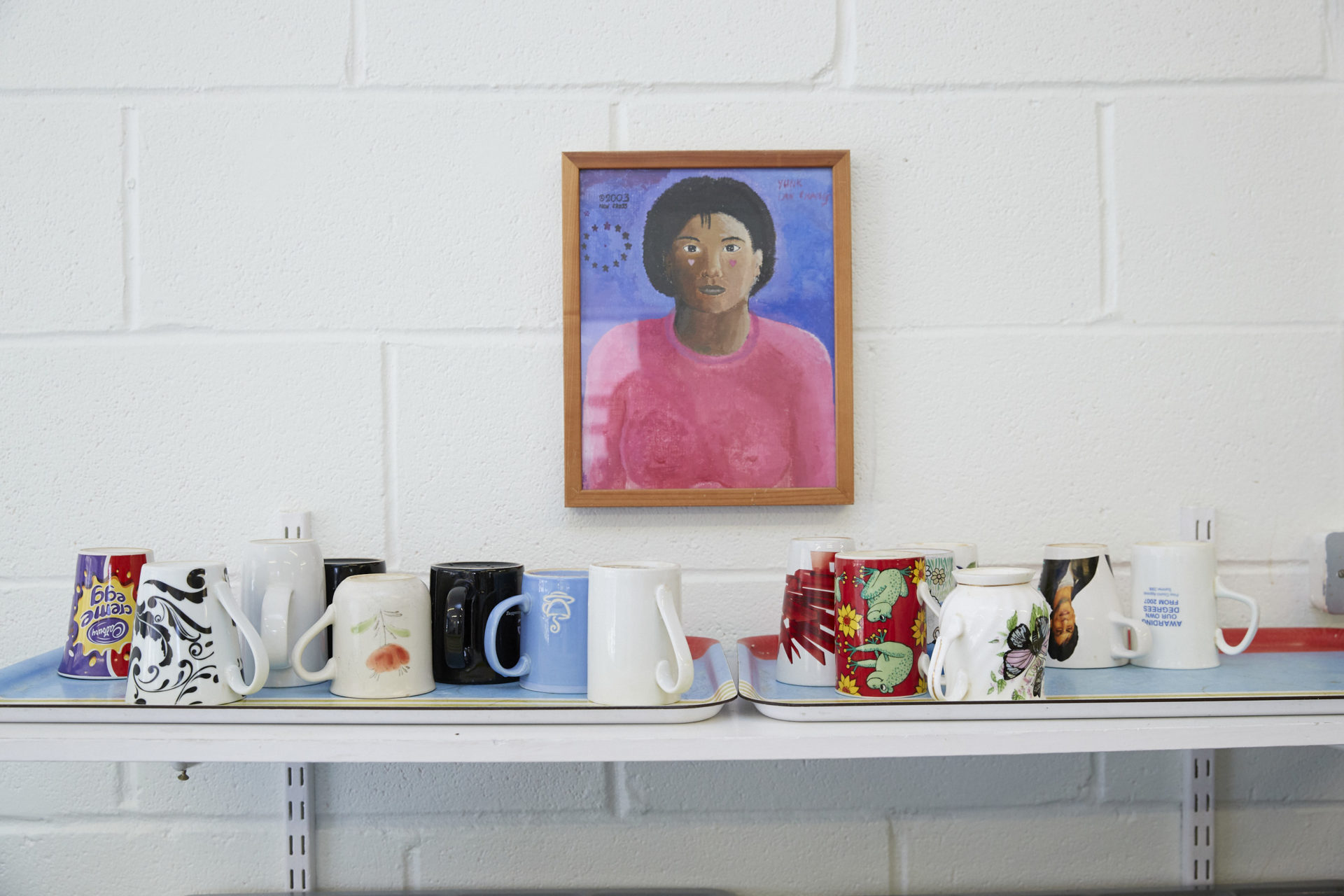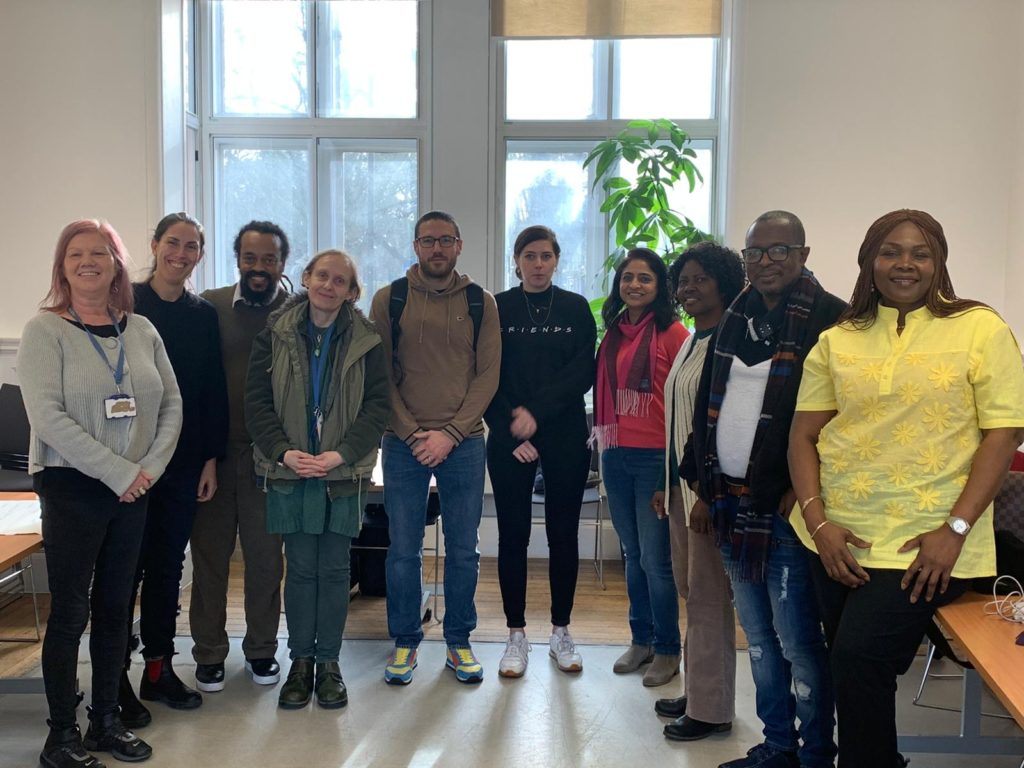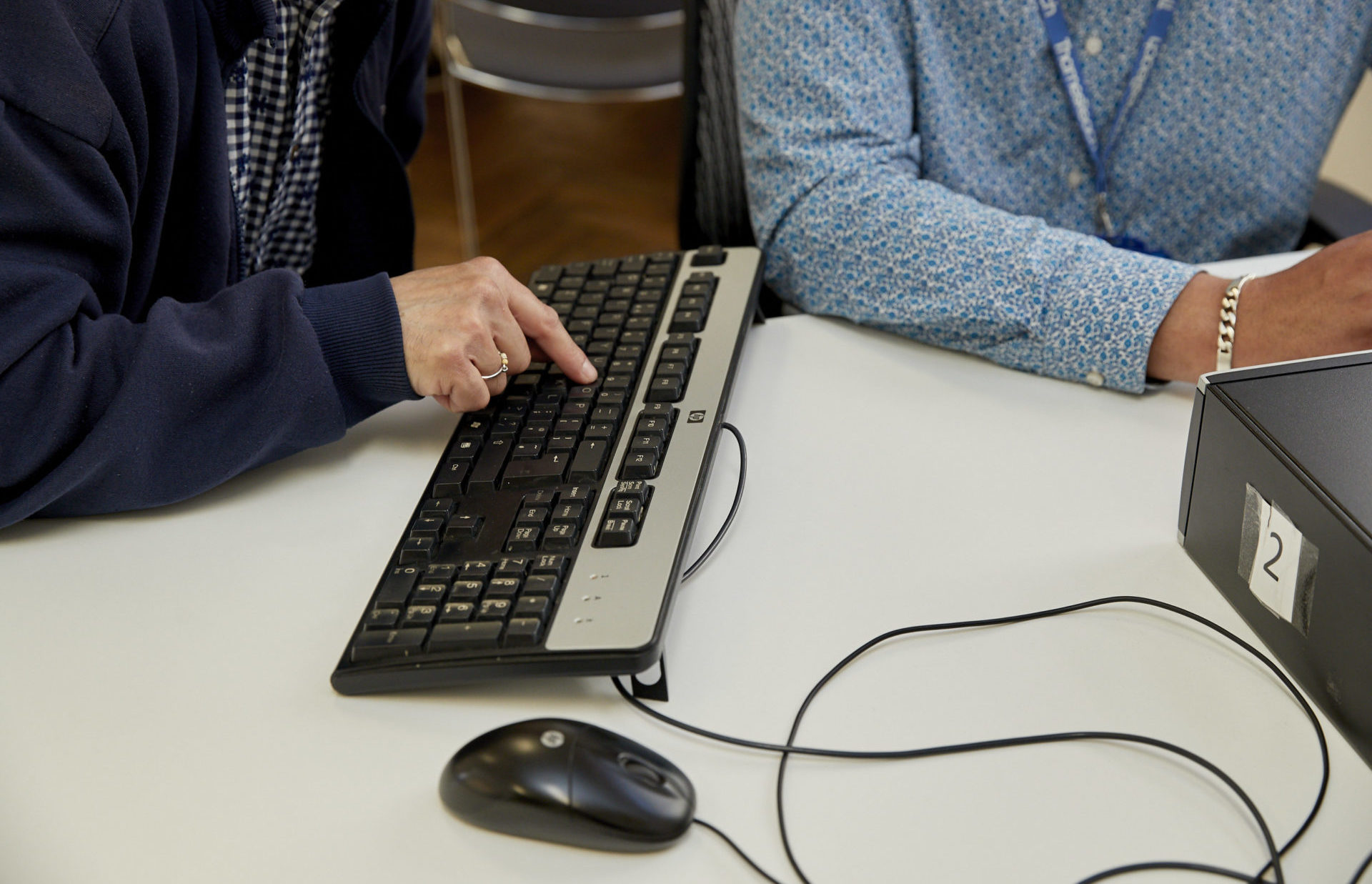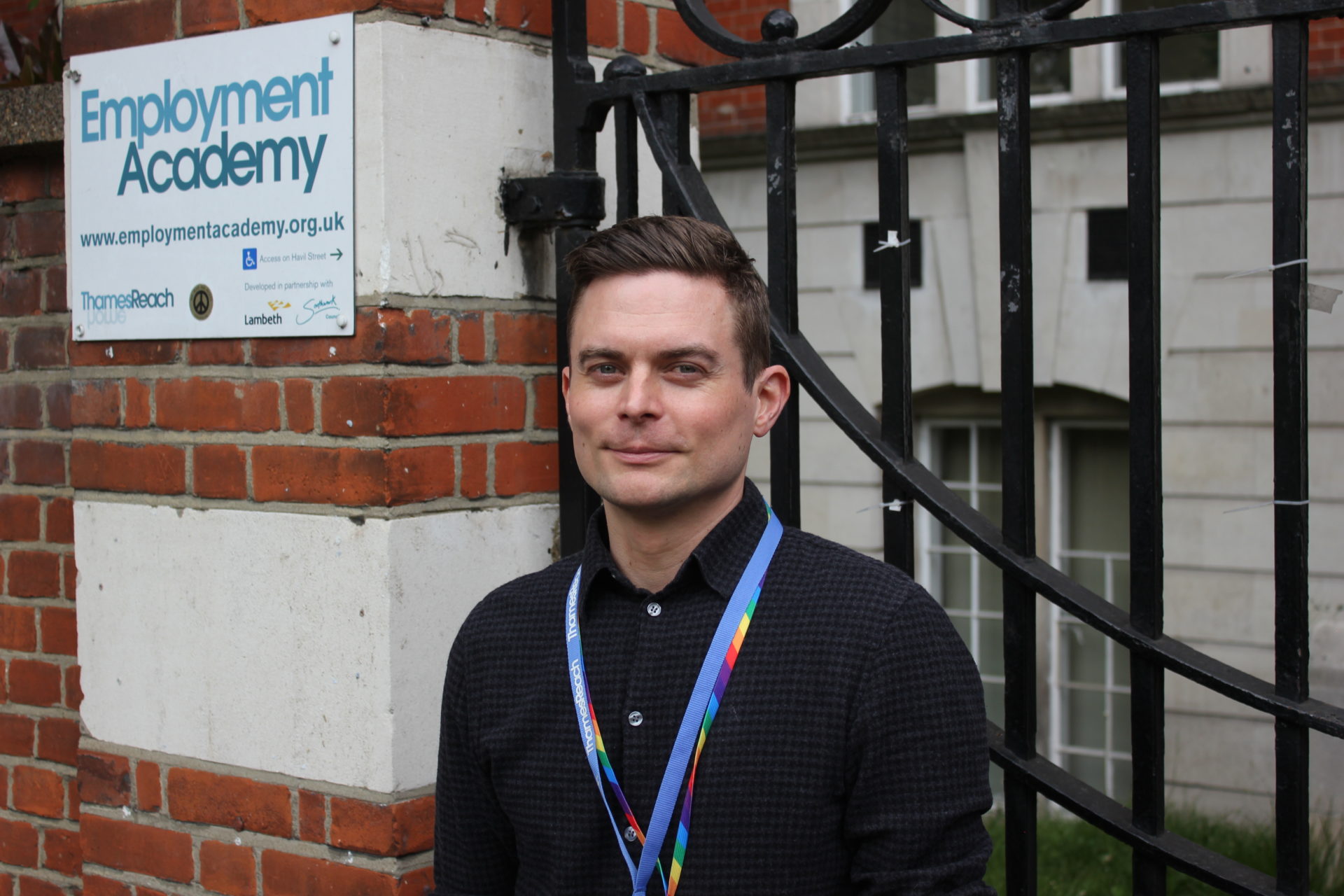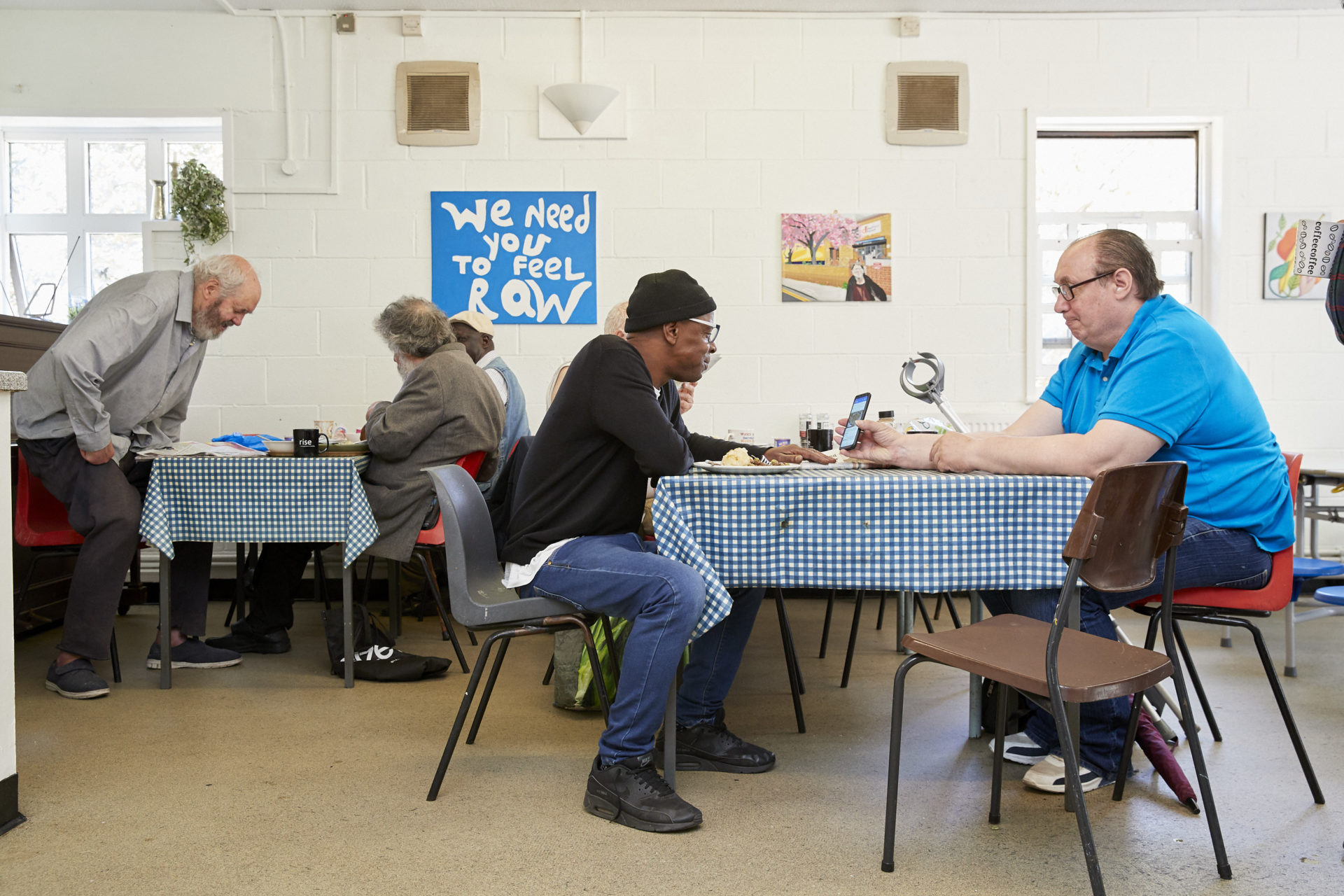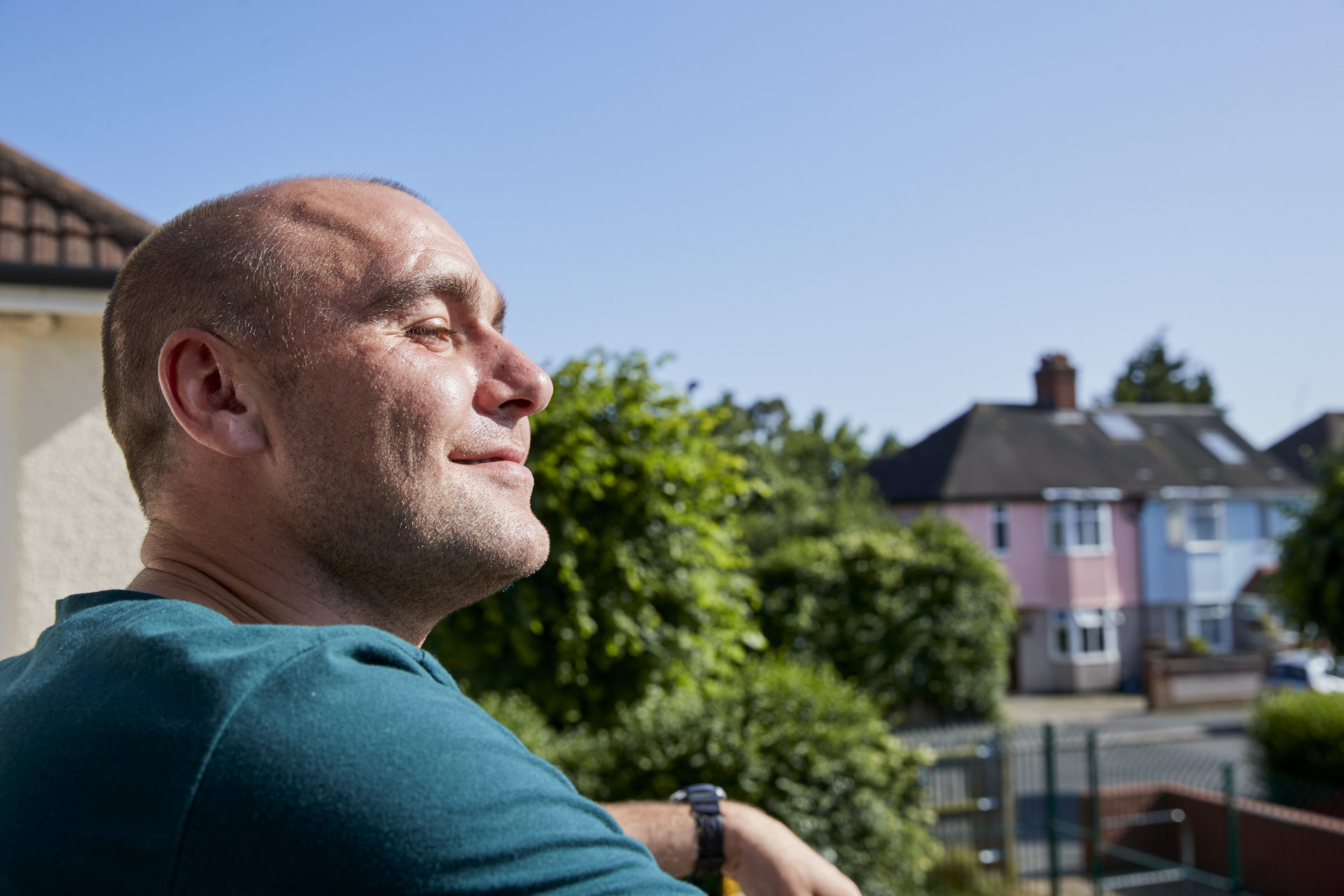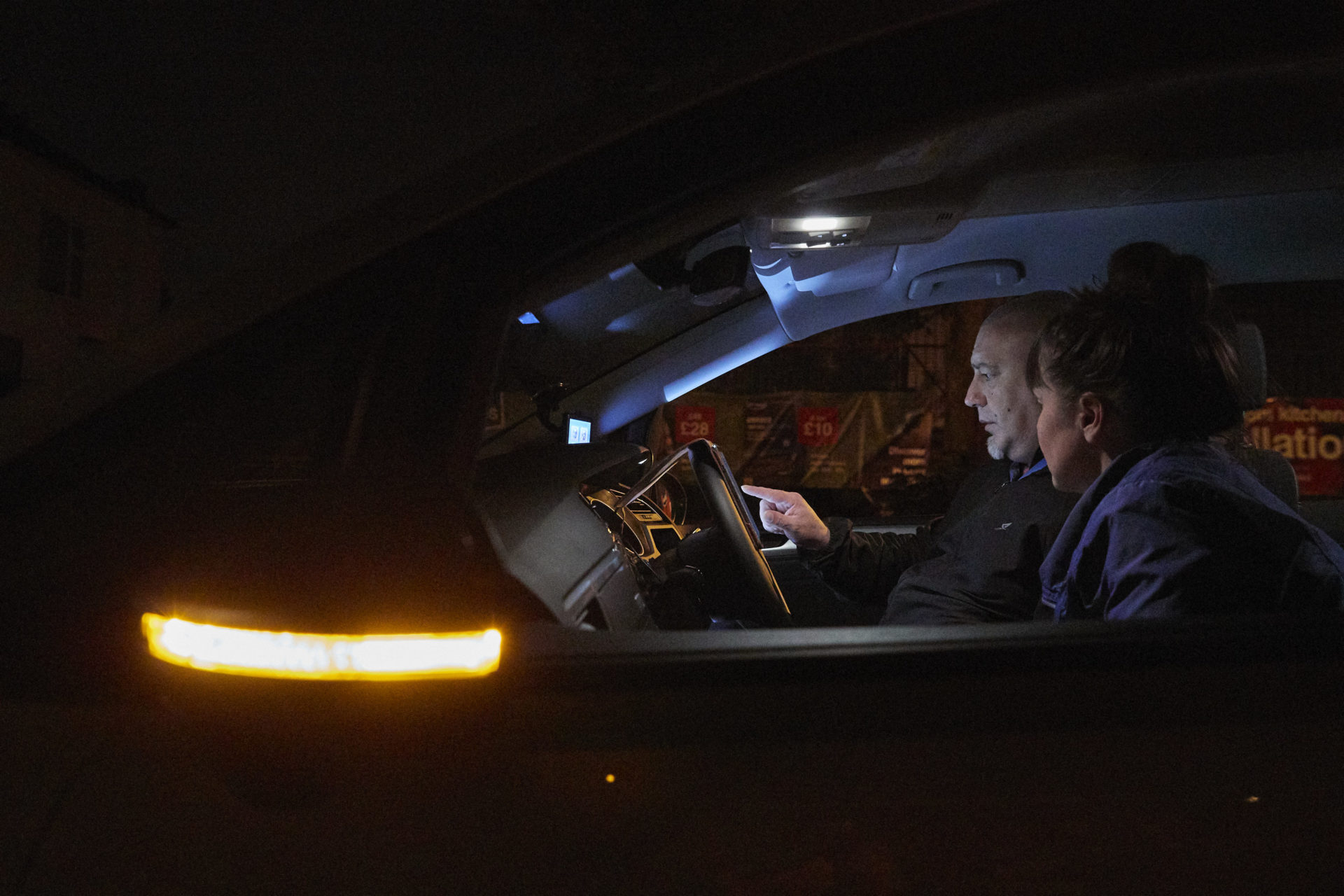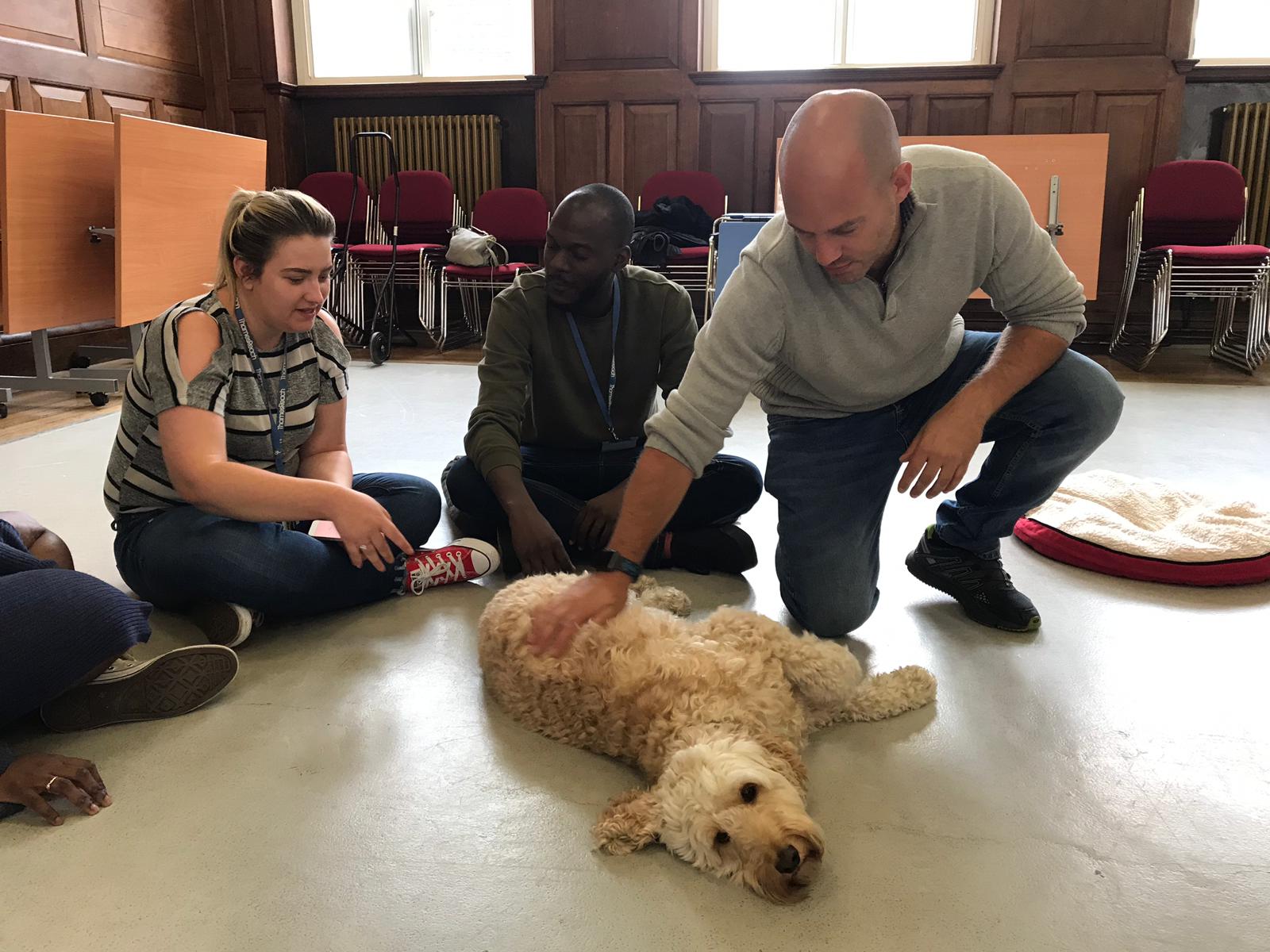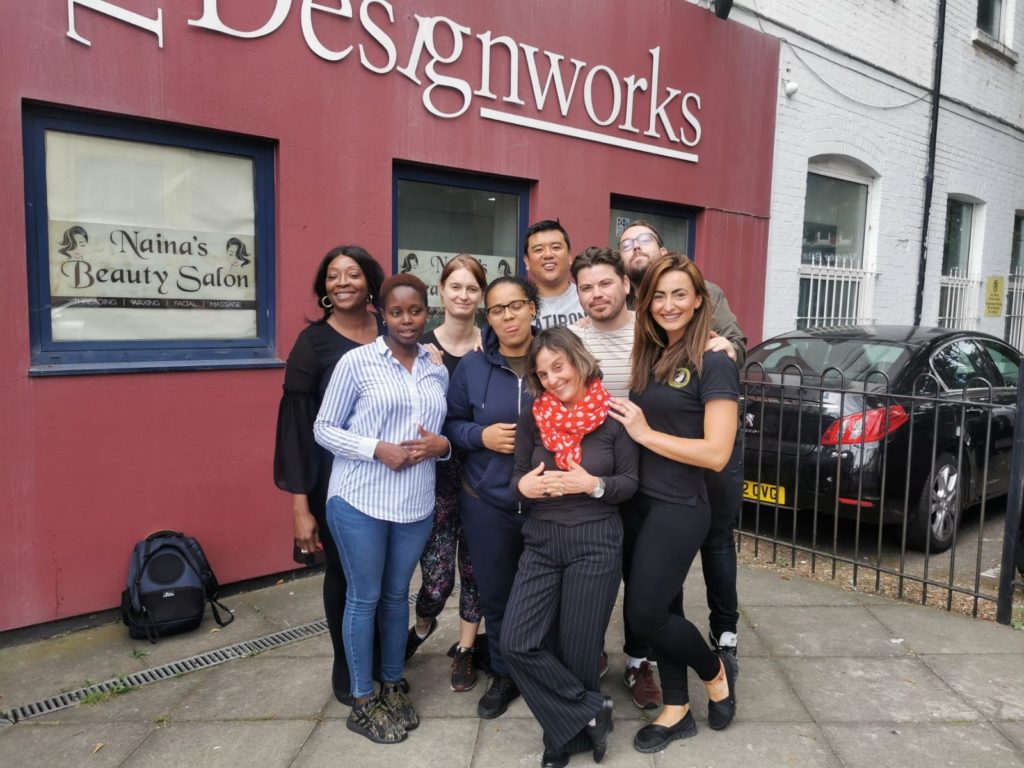A statement on COVID-19
A statement from Thames Reach on COVID-19 and our current response to the situation, as well as an open letter to the government, co-signed by Chief Executive Bill Tidnam
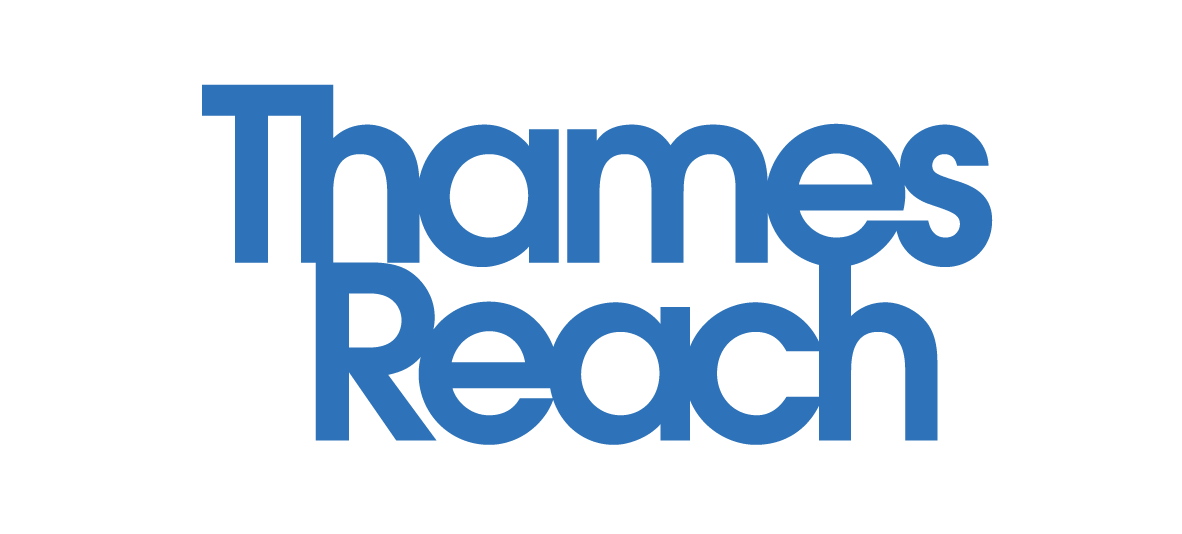
18 March 2020
At Thames Reach, we are closely monitoring developments relating to the spread of COVID-19 in order to best ensure the health and wellbeing of the homeless and vulnerable people we work with, as well as of our staff, volunteers, and the wider public. We are following advice issued by Public Health England and continuing conversations with commissioners, local providers, and health services so we can use the resources we have wisely, and to ensure that we are able to respond to this rapidly changing situation.
Our outreach teams work 365 days of the year, and we continue to go out to find people who are sleeping rough, offering them the support they need to get off the streets. These teams are advised to follow guidance provided by Public Health England with regard to people sleeping rough who are displaying coronavirus symptoms, and we are calling upon local authorities to provide environments where individuals can safely and securely self-isolate.
On behalf of Thames Reach, our Chief Executive, Bill Tidnam, has co-signed a letter to the government, along with senior figures from across the homelessness sector, outlining a set of measures that we believe will help protect homeless and vulnerable people during this ongoing crisis. This outline includes the request that homeless people should be allocated self-contained accommodation with sufficient resources with which to self-isolate. People who are rough sleeping are three times more likely to suffer with chronic illnesses including asthma and chronic obstructive pulmonary disease, and so must be supported as a matter of urgency.
The open letter can be read below, which we have signed with Crisis, Homeless Link, St Mungo’s, Centrepoint, The Passage, Groundswell, Shelter Cymru, Homeless Network Scotland and Connection at St Martin’s.
Thank you for your ongoing support during this challenging time.
Dear Prime Minister,
As Chief Executives of leading homelessness charities, we appreciate the significant pressure the Government is facing in the wake of the COVID-19 pandemic and stand ready to lend our support as you set out plans to help protect the most vulnerable in our society, including people who are facing homelessness.
People experiencing homelessness, particularly those who are rough sleeping, are especially vulnerable in this outbreak. They are three times more likely to experience a chronic health condition including asthma and COPD. It is therefore vital that they are recognised as a vulnerable group for the purposes of government planning.
We note the publication of Public Health England’s information on COVID-19 for hostel or day centre providers of services for people experiencing rough sleeping. We are concerned that these measures however, fail to provide the much more comprehensive plan and wide-ranging action needed to ensure that everyone facing homelessness is provided with self-contained accommodation, to ensure that they can self-isolate, and that people experiencing financial hardship are not left facing homelessness as a result of the impact of COVID-19.
Please find enclosed a full set of measures that we believe will help ensure people facing homelessness are protected during this period.
As a matter of urgency, we are calling on governments to set out a plan, which will include detail on:
• Assistance from the Government to secure hotel style accommodation to meet the increased need for self-contained accommodation so that people can self-isolate.
• The removal of legal barriers in the homelessness legislation so that anyone who is at risk of, or is already homeless, can access self-contained accommodation. This should also include a suspension of rules that prevent people with no recourse to public funds from accessing housing and homelessness assistance.
• The provision of additional financial support through the Universal Credit system to ensure that people are not pushed into homelessness.
• Protecting renters from evictions by temporarily suspending the use of Section 21 and Section 8 evictions.
• Increasing the fund for Discretionary Housing Payments to help renters facing homelessness.
• Measures to ensure that people sleeping rough and living in hostels and shelter accommodation have rapid access to testing for the virus and healthcare assistance.
• An assurance that frontline workers in homelessness organisations are recognised as an emergency service as part of the response to COVID-19.
• A ringfenced proportion of the £5bn fund announced in the Budget last week to fight COVID-19 for local authorities to help deliver these measures.
In light of the speed of recent developments, we would welcome the opportunity to discuss with you and your officials as a matter of urgency how we can help to deliver this plan.
Yours sincerely,
Jon Sparkes, Crisis
Rick Henderson, Homeless Link
Howard Sinclair, St Mungo’s
Seyi Obakin, Centrepoint
Mick Clarke, The Passage
Steven Platts, Groundswell
John Puzey, Shelter Cymru
Margaret-Ann Brünjes, Homeless Network Scotland
Pam Orchard, Connection at St Martin’s
Bill Tidnam, Thames Reach
cc. Rt. Hon. Nicola Sturgeon MSP, Rt Hon. Mark Drakeford AM, Rt Hon. Matt Hancock MP

